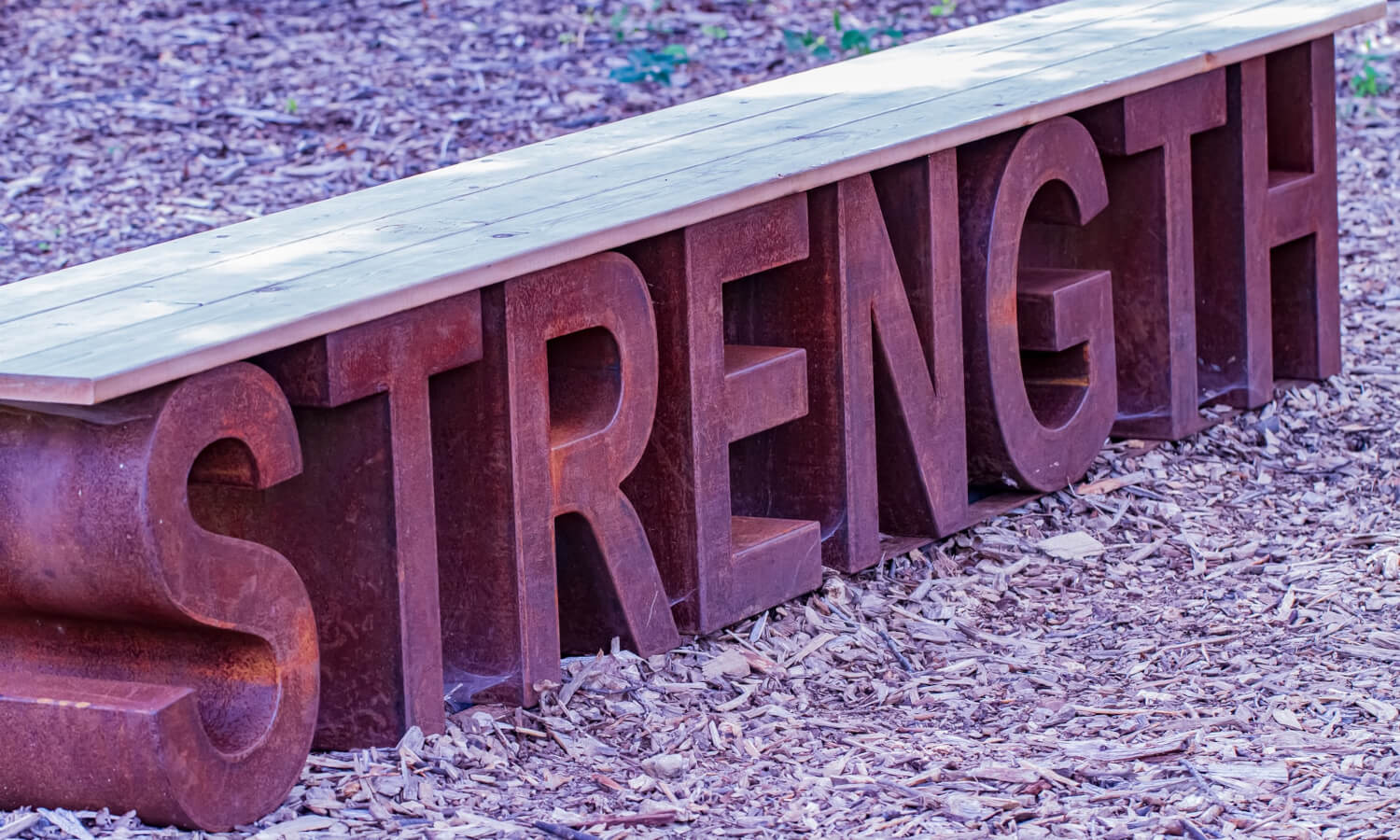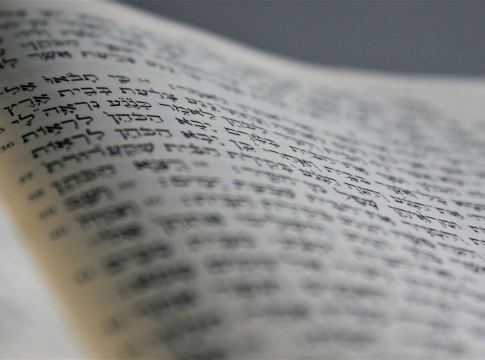
Strength and refuge
One of those terms that can have several meanings is the Hebrew word “maoz,” which is pronounced ma’oz[1]. These interpretations typically hinge on the meaning of the verbal stem or noun that a given term is formed from. The verbs from which the concept may have been derived in the case of “maoz” indicate its several meanings[2]. From this perspective, the term “maoz” also implies power, rescue, protection, shelter, fortification, stronghold, mountain fortress, and place of refuge. Thus, the core meanings of the word are strength and refuge.
While obviously distinct, the underlying concepts are connected. Power and strength can provide safety and help. There is no certain salvation in weakness or an unstable situation. This alone reveals to us that the Lord God is indeed the source of strength and shelter, as the term “maoz” suggests! The Hebrew Bible has 36 instances of the word “maoz,” most of which are found in the Psalms and the Prophets. In this sense, the word “maoz” appears frequently in spiritual songs from Israel.
Used in a general sense
In the book of the prophet Daniel, “maoz” is used to refer to assistance, deliverance, and security when he stands behind the king and says, “I stood up to confirm and “maoz” / strengthen him” (Daniel 11:1). Daniel also foretells what would happen to many of the powerful people on earth’s “maoz,” or fortified locations (Daniel 11:7–11:10). The word “maoz,” which means “fortress,” is also used by the prophet Isaiah to allude to the divinely predicted fall of the major coastal strongholds, including Tarshish and Tyre (Isaiah 23:11; 23:14–15). The might of people and their strongholds and fortifications are discussed in those works. But human strength is finite and cannot endure forever.
The Lord God as Almighty Helper
Completely different is the Lord as “maoz”/strength. He is the Almighty, who with His strength offers people in need His divine help and strength. Especially in metaphorical language, the term “maoz” is used as an expression of the rock-solid belief in God’s omnipotence. He is sung, confessed, prayed and pleaded as the Mighty One who helps and empowers. David pleads in faith: “Be the rock of “maoz” / fortress for me…” and confesses “… for You are my rock and my fortress” (Psalm 31:3-4). With this supplication and confession he expresses that the believer, as a weak and needy person, has no power in himself for salvation, but may at all times draw on the “Maoz” which is the Lord God Himself. Thus, the weak and the helpless become strong! (Compare 2 Corinthians 12:9-10).
God is the source of man’s vitality and security. David sings about it, saying, “Whom shall I fear? The Lord is my light and my salvation. The strength of my life, or “maoz,” is the Lord (Psalm 27:1). Because of this, the psalmist remains fearless in the face of several threats and significant doubts regarding his worldly existence (Psalm 27:2-3). Security for both temporal and everlasting life is discussed here. When man forgets this and hears Isaiah’s reprimand, there are dreadful consequences: “You have forgotten the God of your salvation and have not remembered the Rock of your “maoz”/refuge.”(Isaiah 17:10–15). Remember this: “The way of the Lord is a “maoz” / stronghold / refuge for the innocent.” (Proverbs 10:29).
The Lord God as a sure Shelter
The metaphorical meaning of the term “maoz,” which means fortress or shelter, is “refuge, place of refuge, shelter,” illustrating the Lord God’s role as a secure haven for humankind. “Because you have been a “maoz” / stronghold to the poor, a “maoz” / stronghold / shelter to the needy in his distress,” Isaiah exults in his prophetic hymn of gratitude. (Isaiah 25:4).
People might rather search elsewhere, though. As a result, in Isaiah 30:1, the prophetic word “woe” is expressed for people who seek safety and refuge from Pharaoh’s “maoz” (strength) rather than from the Lord. Psalm 52:7 states, “See the man who would not make God his “maoz”/ shelter / refuge.” This statement will embarrass even those who believe that their security comes from their own “maoz” or strength outside of God. But those who are justified before God [by faith in Jesus] will discover in Him not only “maoz” (stronghold at the hour of adversity), but also eternal salvation (Psalm 37:39).
Striking names: Maäz-ya(hu)
The word “maoz,” or strength, is also seen in some proper names. The combination between the holy name Ya (Lord) and “maoz,” which is typically written as “maäz,” is at issue[3]. The translation of the so-formed name “Maäz-ya” (or “Maäz-yahu”) is thus: Strength of the Lord. This important name belonged to a priestly division chief in the days of David (1 Chronicles 24:18). A priest with the lovely witness of Maäz-ya was there once more for the sealing of the renewed covenant under Nehemiah, centuries later (Nehemiah 10:8).
“The Lord is good; He is a stronghold, or “maoz,” in the day of affliction. (Nahum 1:7).
Notes
[1] Instead of the diphthong “ao,” the word has a guttural o that can be heard by pausing the breath briefly in between the vowels “a” and “o” (ma-oz). “Ma`oz” is the right rendering.
[2] The term “maoz” signifies “strength” when translated from the verb “azaz” (to exhibit strength, overpower, offer strength); but, if the word is understood to be derived from the verb “oz” (to seek or take refuge), then “maoz” actually means “refuge.”
[3] Ya is an abbreviated version of God’s holy name, YHWH (Lord), and is also known as Yahu (Lord).





